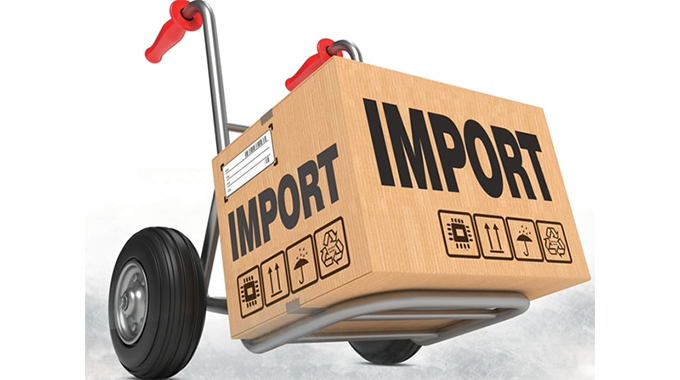How non-compliant imports are treated

Tapiwanashe Mangwiro Senior Business Reporter
Goods imported into the country without pre-inspection procedures attract a 15 percent fine on cost insurance freight (CIF) as a way to discourage exemption considerations and improve compliance.
This was said during a joint Consignment Based Conformity Assessment (CBCA) programme on used car import education webinar held by Bureau Veritas and the Confederation of Zimbabwe Industries (CZI).
The Zimbabwe Revenue Authority places a penalty on non-compliant imports that have not been assessed by the French-based Bureau Veritas Inspection Valuation Assessment Control Private Limited (BV) for quality control.
BV representative Donald Gomo said the standards used in their inspection are not their own but set by the Standards Association of Zimbabwe (SAZ) and those are their guidelines.
“We as BV, we do not set the standards to be followed, but the Government through SAZ does set the rules and we make sure the products imported or exported are of the approved quality in order to prevent short-changing consumers,” he said.
According to the inspection firm, an imported used vehicle will pay US$140 for the exporter to book an inspection, but if it’s a UK product it will attract a US$200 fee. If the vehicle passes inspection, it will be issued with a certificate of conformity.
“If the vehicle fails the test but can be repaired, the exporter makes the repairs and the inspection procedure is redone, but if the car fails numerous inspections it will be issued with a non-conformance report and the vehicle is rejected,” Gomo added.
However, industrialists have said the process is just making their goods more expensive to import as the cost is now being levied hard on their products.
“We had a motor we wanted to import for a cost of US$6 000 and we told the supplier to have it inspected by BV.
‘‘The supplier did not object to the procedure but they recalculated the cost and the vehicle came back with a price of US$10 200,” said one importer.
Gomo however said the supplier was unrealistic as they do not charge that much for an inspection, “the price is unrealistic and unreasonable, we will not be that greedy,” he said.
The role of BV is to provide pre-shipment services of the listed products in the country of export and issuance of certificates of conformity based on national and international quality, safety, health and environment standards.
The CBCA programme was first implemented under Statutory Instrument No 132 of 2015 gazetted on December 18, 2015 by the then Ministry of Industry and Enterprise Development.
And it entered into full implementation stage in March 2016.
BV was given the mandate to do shipment inspection, verification of documentation, sample testing and risk assessment of goods in the country of origin.
However, some observers have said that the SAZ has adequate capacity to implement the CBCA programme without depleting the country’s limited foreign currency.
Concern has always been raised over the quality of products being imported into the country as some of them do not meet stipulated standards.











Comments